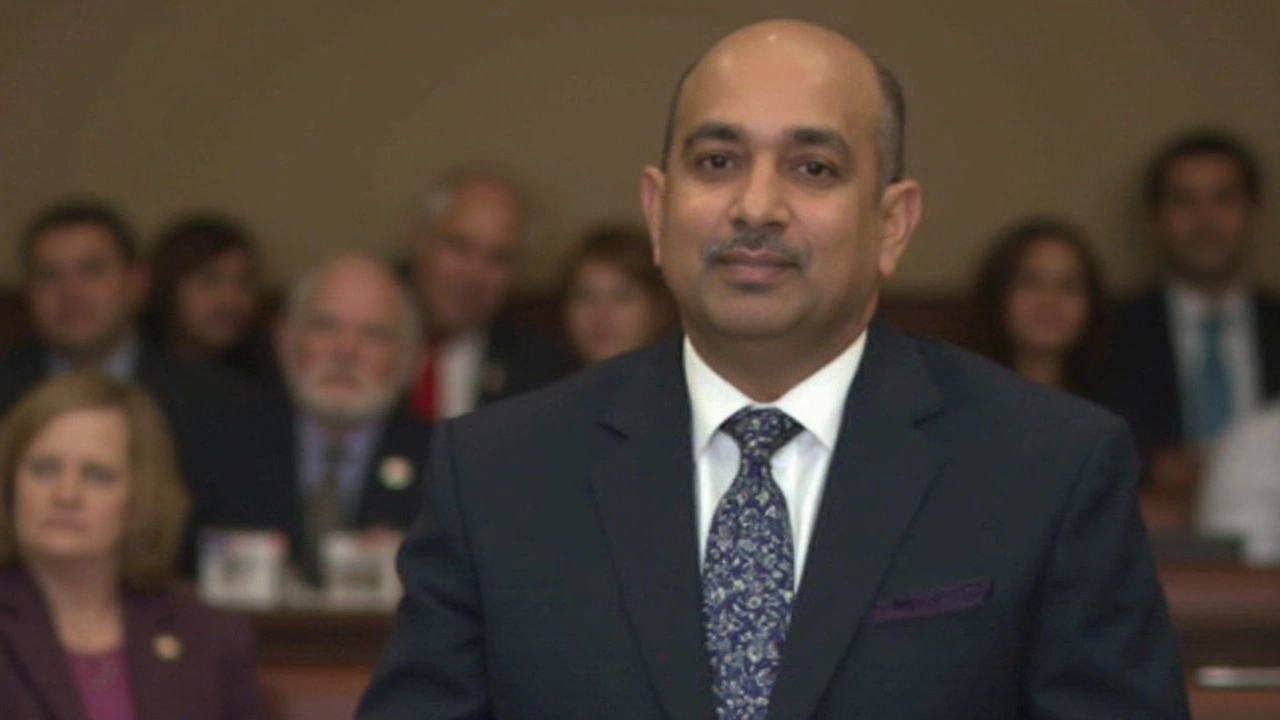FBI Director – What the Job Is, Who Holds It, and How to Get There
Ever wondered who runs the biggest criminal‑investigating agency in the United States? That’s the FBI Director. The person in this seat decides the agency’s priorities, speaks for the FBI on TV, and makes sure the bureau follows the law while catching the bad guys.
What Does the FBI Director Do?
The Director is the top boss of the Federal Bureau of Investigation. Appointed by the President and confirmed by the Senate, the Director serves a single ten‑year term. This long term is meant to keep the job out of politics, so the Director can focus on safety, not elections.
Day‑to‑day, the Director sets strategic goals, approves major investigations, and oversees the budget. They also work with the Department of Justice, the White House, and state law‑enforcement groups. When a high‑profile case hits the news, it’s usually the Director who gives a briefing.
Beyond managing cases, the Director is responsible for internal policies—things like training agents, handling cybersecurity threats, and protecting civil liberties. The role also includes a lot of public outreach, making sure the American people understand what the FBI is doing and why.
Path to the Top: Becoming an FBI Director
Getting to the Director’s chair isn’t a straight line, but there are common steps. Most Directors have spent years as FBI special agents, rising through ranks like Assistant Director and Deputy Director. A strong legal background helps—many have been attorneys or judges before joining the bureau.
Key traits the President looks for are leadership, political neutrality, and a record of handling complex investigations. Experience in national security, cybercrime, or organized crime is a big plus. Once nominated, the Senate holds hearings to examine the candidate’s past work and character.
If you’re aiming for the job, start by earning a bachelor’s degree in criminal justice, law, or a related field. After joining the FBI as an agent, focus on building expertise in an area the bureau needs—like cyber‑threats or counter‑terrorism. Keep a clean service record, seek out leadership roles, and stay out of partisan politics.
Networking inside the agency matters, too. Mentors can guide you toward senior positions and help you understand how decisions are made at the top. Continuous education, such as a law degree or a master’s in public administration, also boosts your profile.
By the time you’re considered for Director, you’ll likely have a reputation for integrity, strategic thinking, and the ability to work with multiple government branches. It’s a role that blends law‑enforcement know‑how with big‑picture policy making.
In short, the FBI Director is the face and brain of America’s premier investigative agency. The job demands experience, a steady hand, and a focus on protecting the nation while respecting the rights of its citizens. Whether you’re curious about who holds the reins today or dreaming of one day stepping into the office, understanding the duties and career path gives you a clear picture of what it takes to lead the FBI.
Kash Patel Takes Helm as FBI Director Amid Controversy
Kash Patel, known for his close ties to former President Trump, has been appointed as FBI director following a tight Senate vote. His nomination sparked debate over his qualifications and potential politicization of the FBI. Patel's background in law and significant legal roles during Trump's administration play central roles in his nomination and the ensuing controversy.





